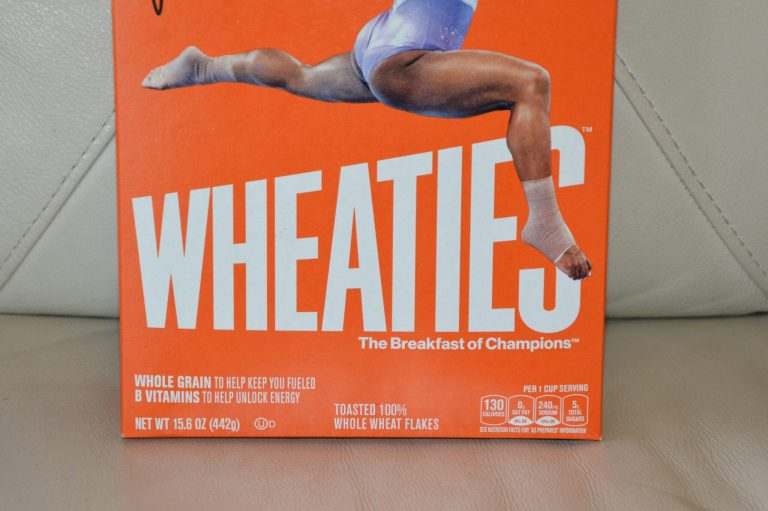
We are inundated daily with catchy slogans created by advertising savants and repeatedly crammed down our throats. I began noticing their impact recently as I drove home from work. When I exited the parkway near my home, it didn’t mean that the danger was over. As I drove slowly along the narrow streets of my neighborhood, I was confronted with cars coming out of driveways or around corners which caused my heart to race. I noticed that I had been unconsciously repeating a phrase over and over. It was that catchy slogan from some long-ago radio show I listened to as a teenager.
Between songs the repeated phrase was “The hits just keep on coming.” I suppose my mind had stored that phrase and as I narrowly missed a car which came speeding around the corner, I caught myself saying with a nasty taste of irony “the hits just keep on coming.”
When it dawned on me that I was using this old slogan to somehow soothe my racing heart with a touch of humor, it also dawned on me that these catchy slogans were taking up lots of brain space.
These incessant, repetitive, television slogans have an influence on us and there are many of them that we all know. Some are designed to get us addicted to booze. These would include catchy phrases like “Weekends are made for Michelob” or the extremely clever Dos Equis beer slogan “He is……the most interesting man in the world.” Years ago I played golf with John Mariani, owner of Villa Banfi Wineries. He told me that companies spend million on ads and catchy slogans because they work.
Food makers have a host of slogans as well. These would include the V-8 commercial: “Wow!, I could’ve had a V-8!”; McDonald’s slogan: “You deserve a break today”; Lay’s potato chip slogan:“Betcha can’t eat just one”; and “Wheaties, the breakfast of champions.” These appear to be harmless enough until you realize that a diet of potato chips, Wheaties and McDonald’s hamburgers will surely bring on an early death.
Car ads are notable for their persuasive urgings as well. The Mercedes slogan, “The best or nothing at all,” is clearly playing on the need for social status and the BMW slogan, “BMW, the ultimate driving machine,” does the same. Lincoln ads apparently have no need for catchy slogans because they have chosen to rely on the cool presence of Matthew McConaughey instead. Why waste time with clever slogans when all you have to do is hire a nice looking actor?
For my money, however, the most dangerous and blatantly sinister slogans are devised by credit card companies. My all-time most feared slogan is by Capitol One with the uber suave Samuel S. Jackson or more recently the uber beautiful Taylor Swift asking: “What’s in your wallet?” Freud would interpret this slogan as a thinly veiled message that credit card companies are as slick as a pickpocket expert in Florence, Italy. Banks above all else love money and they’ve figured out how to get you to think about your profound need for yet another credit card.
Of course, the mother of all credit card slogans is by American Express when it instructs us to “Never leave home without it.” This slogan plays on our separation anxiety by replacing the teddy bear with a credit card to insure a feeling of safety when we leave hearth and home.
Clever slogans penetrate so deeply into our unconscious that they become idioms, proverbs and a new form of human wisdom. Advertising has successfully transformed us into consumers rather than human beings, like the way humans were used as batteries in the film “The Matrix.”
If you doubt any of this, I invite you to watch the 30-second advertisement created for the perfume maker Dolce and Gabbana called “The One.” They hired Martin Scorsese to direct and used Matthew McConaughey and Scarlett Johansen to act in it. It is subtitled “Street of Dreams” and is set in Brooklyn near the Manhattan Bridge. It’s about two famous people midway through their careers who were young lovers, meet once more for a brief affair and think longingly about their youth and how simple things were back then. This brief 30-second ad, shot in black and white, was so successful, so compelling and so rich in feeling that there was immediate pressure to make it into an actual film directed by Scorsese.
And that’s the power of ads, commercials, and slogans. “Man, oh Manischewitz!”







